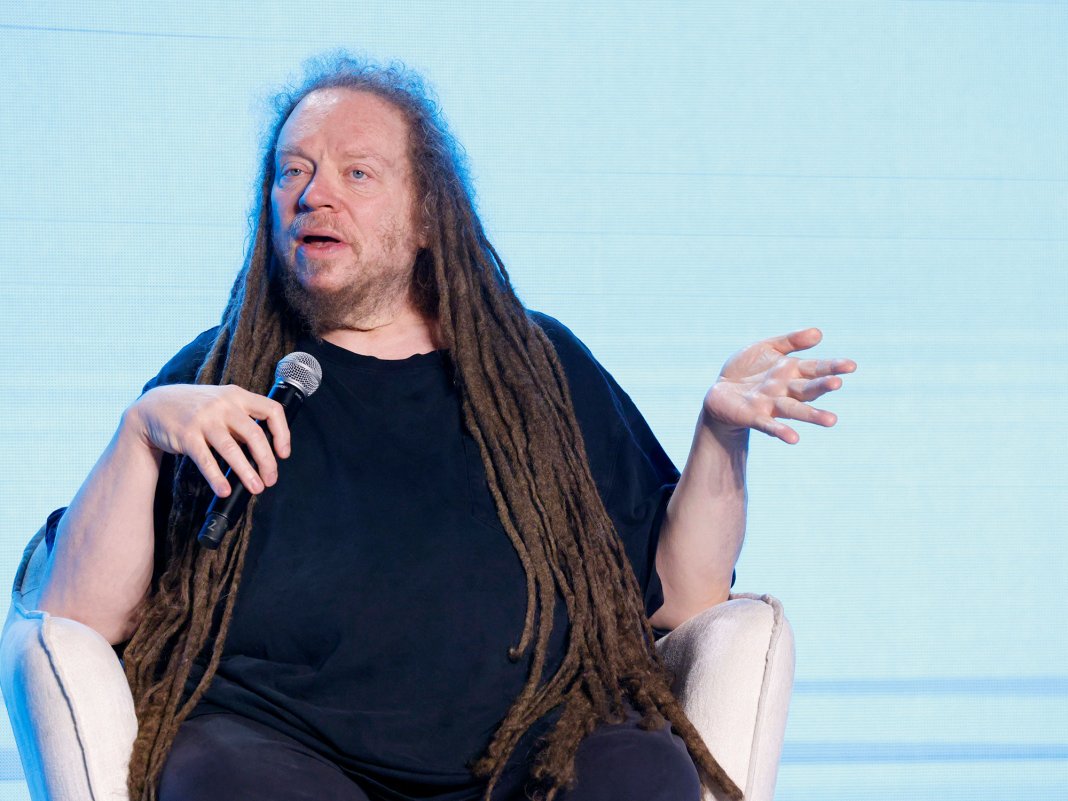Jaron Lanier, revered as the founding father of virtual reality and a profound thinker on artificial intelligence, offers a compelling perspective on the burgeoning field of AI music generators. A multi-instrumentalist himself, Lanier champions traditional musical instruments as the pinnacle of user interfaces, suggesting they embody a level of expressive connection that current AI technologies cannot replicate, raising pertinent questions about the future of human creativity in the digital age.
The advent of AI music has ignited a global discourse, with opinions sharply divided. Proponents laud its capacity to streamline workflows and enhance efficiency, leading many music technology brands to integrate sophisticated AI features aimed at improving the quality of life for their users. Conversely, a significant number express trepidation, fearing that AI music generators could ultimately dilute the intrinsic potency and authenticity of human-made art, questioning the very essence of musical expression.
Lanier’s critique stems from a deeply personal and philosophical stance: “To me, musical instruments are the best user interfaces that have ever been invented.” He posits that if technology’s true purpose is to empower individuals to interact with and influence the world with ever-increasing acuity, then musical instruments stand unparalleled as the most advanced technologies conceived for this very purpose, fostering a profound connection between the creator and their creation.
He envisions a future where technology amplifies human capability rather than automates it. Lanier desires computers to evolve into expressive machines that individuals can engage with holistically—through their entire bodies, nervous systems, and cognitive faculties—allowing for unprecedented subtlety and precision. This vision starkly contrasts with current AI music tools that primarily focus on composition, rather than enhancing human performative interaction.
A critical observation regarding current AI music output is its apparent lack of genuine emotional resonance. Despite impressive technical advancements, many listeners, including Lanier, find that AI-generated compositions often fall short in evoking a significant emotional response or truly touching the human spirit. The visceral quality inherent in human artistic endeavor remains a high bar for algorithms to clear.
Perhaps the true strength of AI music generators lies not in supplanting human artistry but in serving more utilitarian roles. They may find their niche in producing background scores, lo-fi beats conducive to work environments, or more formulaic genres of dance music where the emphasis is less on profound emotional depth and more on consistent, functional soundscapes. This suggests a symbiotic, rather than a competitive, relationship.
Ultimately, music, at its very core, functions as a powerful conduit for human expression—a vehicle through which individuals convey ideas, emotions, and narratives via sonic art to other human beings. It remains challenging to conceive that highly visceral and emotionally charged forms of music, such as rock, metal, or country, are genuinely imperiled by the capabilities of contemporary AI tools, as the human element remains irreplaceable for authentic connection.
The discussion around AI music is less about whether these tools exist and more about their purpose. Jaron Lanier’s insights encourage a re-evaluation of how music technology should evolve, emphasizing the augmentation of human talent and human creativity over mere algorithmic production. His advocacy for musical instruments as the ultimate interface serves as a profound reminder of the irreplaceable value of direct, embodied human engagement in the creation of art, underscoring the enduring power of human creativity.






Leave a Reply